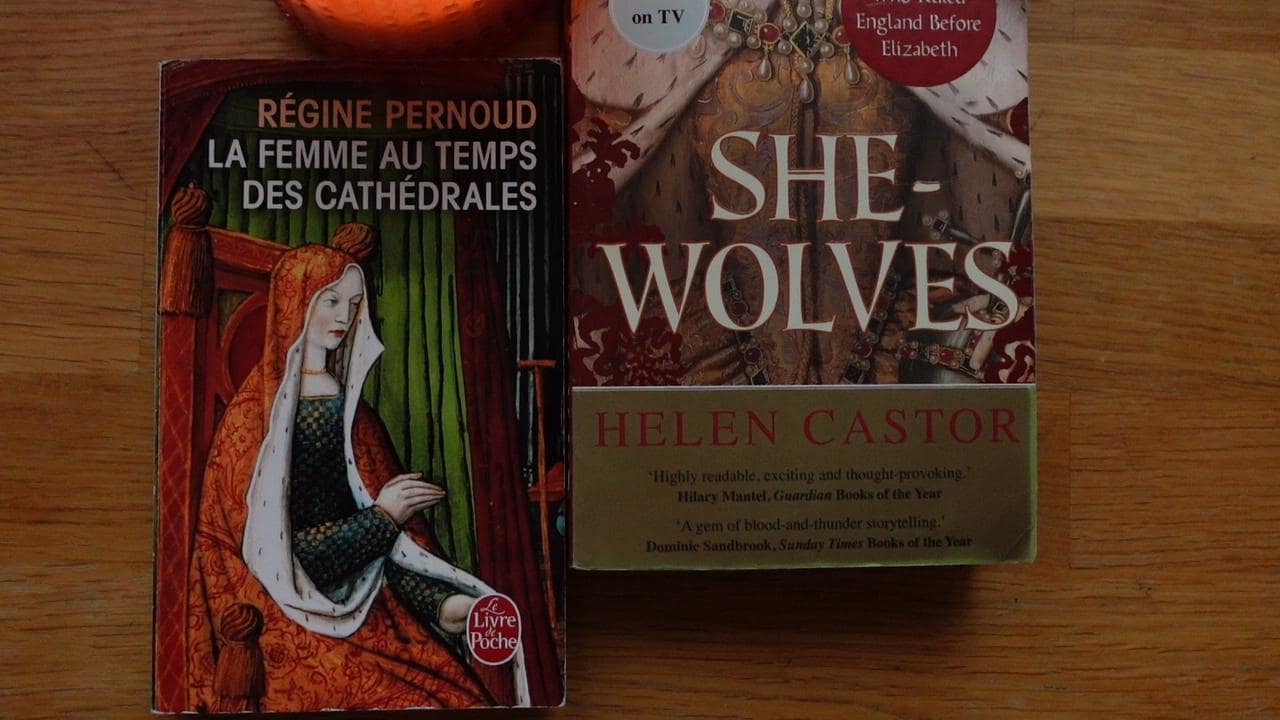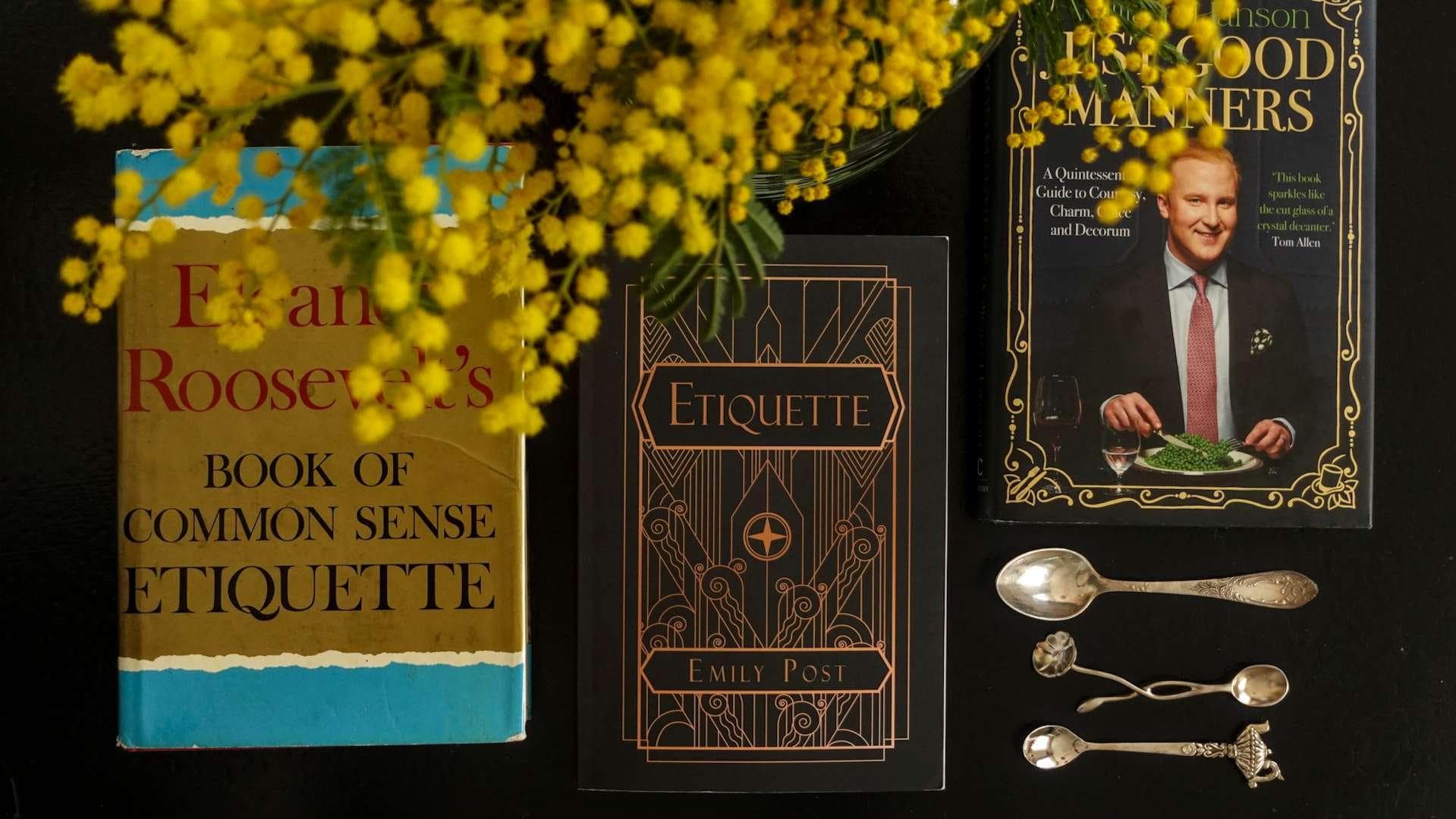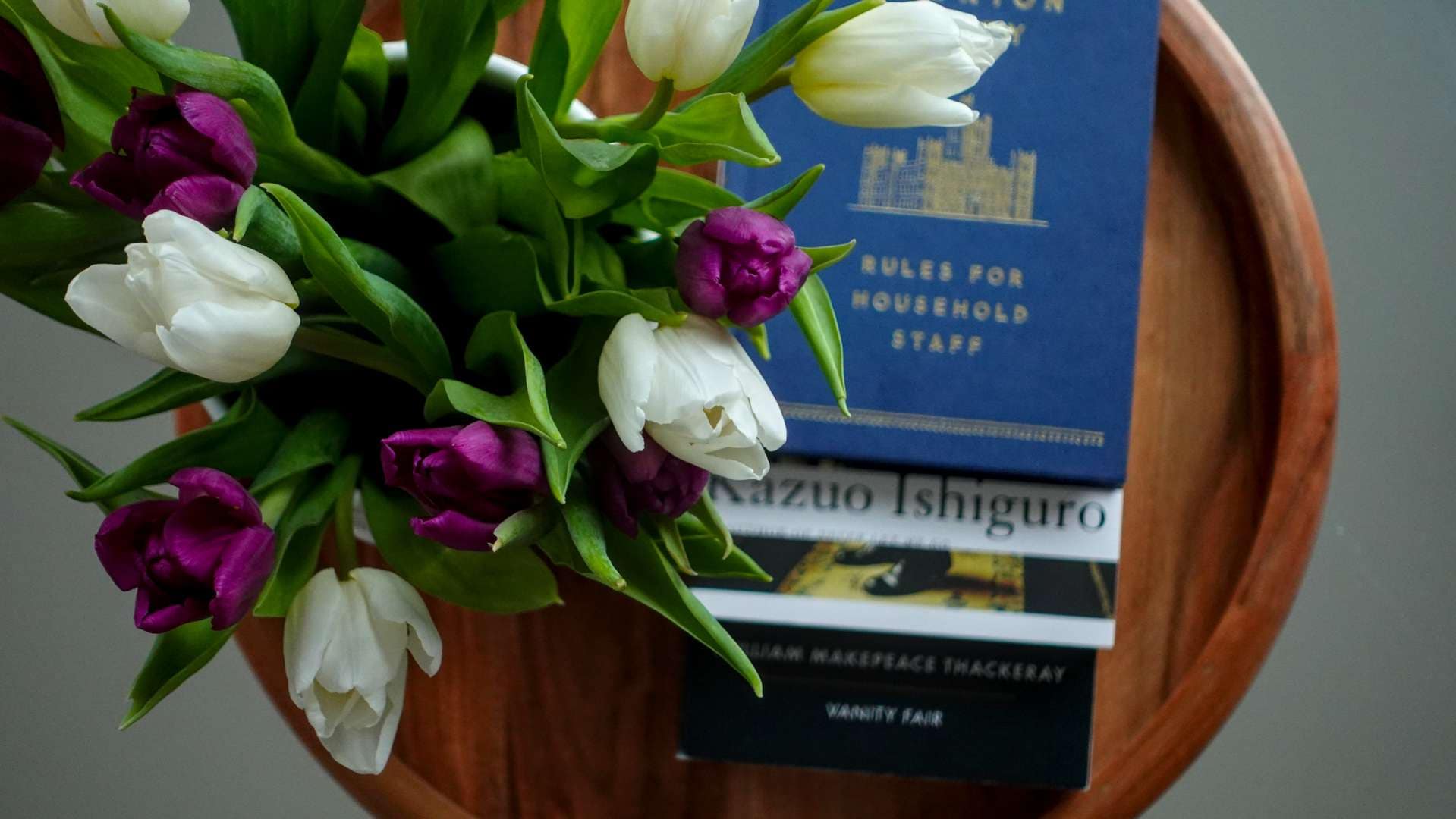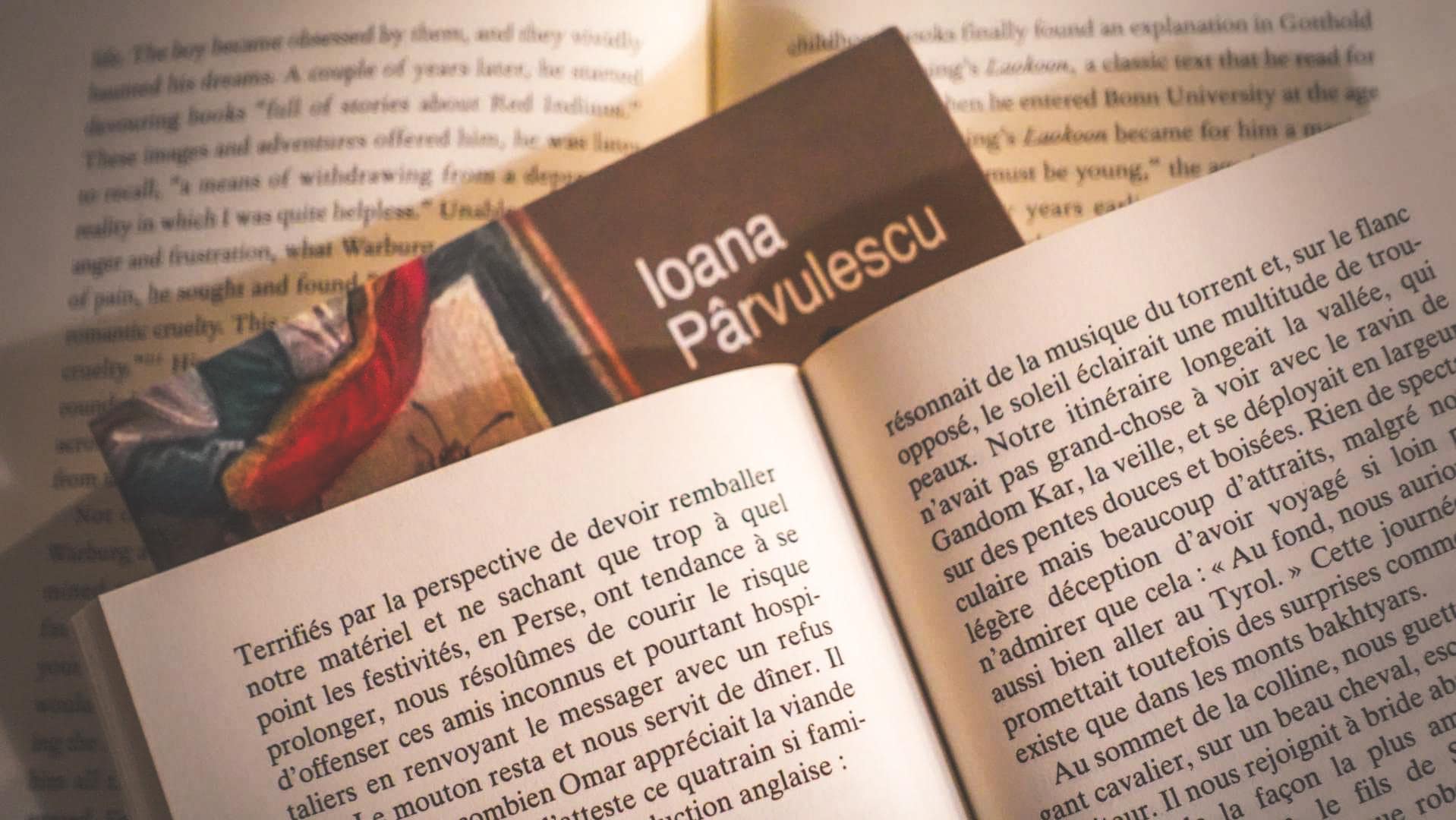Hello good friends, and welcome to the fourth day of Advent !
Our adventure into the Middle Ages continues with a dive into the lives of women at the time, since so often we hear of the valiant knights and kings, and only occasionally of the exceptional women who shaped this part of our history. This perception of a lesser importance of women in society is not quite accurate, as we will discover through the writings of two dedicated historians.
Régine Pernoud was a French historian of the XXth century, with a true passion for the Middle Ages, and whose works have revolutionised the perception of mediaeval women.She is famous for having defended the Middle Ages against all the cliches and preconceived ideas meant to downgrade it, and that is exactly what I have found in her 1980 essay La femme au temps des cathédrales translated into English in 1998 as Women in the days of the cathedrals.
Starting from the premise that in the period between classical antiquity and the beginning of the 14th century, women exercised greater personal, political and economic liberties than at any time prior to the 20th century, Pernoud takes us through a systematic study where no aspect of feminine activity in the course of the mediaeval period is neglected: administration of property, professions and commerce, the intellectual life, even politics; writers, educators, sovereigns, and those who enlivened the royal courts.
There is always a distinction to be made between the classes, of course, a woman of higher status would have had more independence and power than the daughter of a peasant, yet I would not have guessed how much freedom or how many rights. The chapter on the monastic order of Fontevrault and the strong female figures surrounding it was of particular importance for me, but we’ll get back to it in a later video.
What I enjoyed the most in Pernoud’s study is the great diversity of vantage points. When you get to the last page, you feel like you have just met dozens of women from all backgrounds, each telling you her story, her destiny, her legacy. And of course, I particularly enjoyed the chapter on women who read and women who wrote, since this was such an important subject for Aliénor of Aquitaine, as you’ll soon find out.
Crossing the English Channel, we are guided by British historian Helen Castor, into the fascinating world of powerful women in her historical essay She-Wolves : The Women who ruled England before Elizabeth.
The title alone is really provoking, and after reading the French perspective, I was curious to notice the difference in tone or in nuance. For the first part of the book, the information crosses with Régine Pernoud’s essay, since we are speaking of Empress Matilda and Queen Aliénor of Aquitaine, but in the second part, I have met two new friends. Isabella of France, Queen of England and wife of King Edward II, has been described as the She-Wolf of France. In a time when female infidelity was an almost assured death sentence, Isabella risked her freedom after years of sadness next to a husband infatuated with another man, and started a relationship with a Marcher Lord, seized power from her husband and governed the country as regent before taking the nun habit towards the end of her life. And later on, Margaret of Anjou, Queen of England by marriage to King Henry VI, one of the principal figures in the series of civil wars known as the Wars of the Roses. Courageous and spirited, she was described by her contemporaries in laudative terms : “This woman excelled all other, as well in beauty and favour, as in wit and policy, and was of stomach and courage, more like to a man, than a woman”. After the complete breakdown of a mentally unstable king, Margaret found herself in the middle of a power battle between the rival Yorkist and Lancastrian factions as she was trying to preserve the English crown for her son.
The balance between these two history books written for the general public has been fascinating, and proved to me, once more, that the mediaeval world had subtleties I still ignore today. But we are on our way towards discovery. Until tomorrow, happy Medieval Advent !





